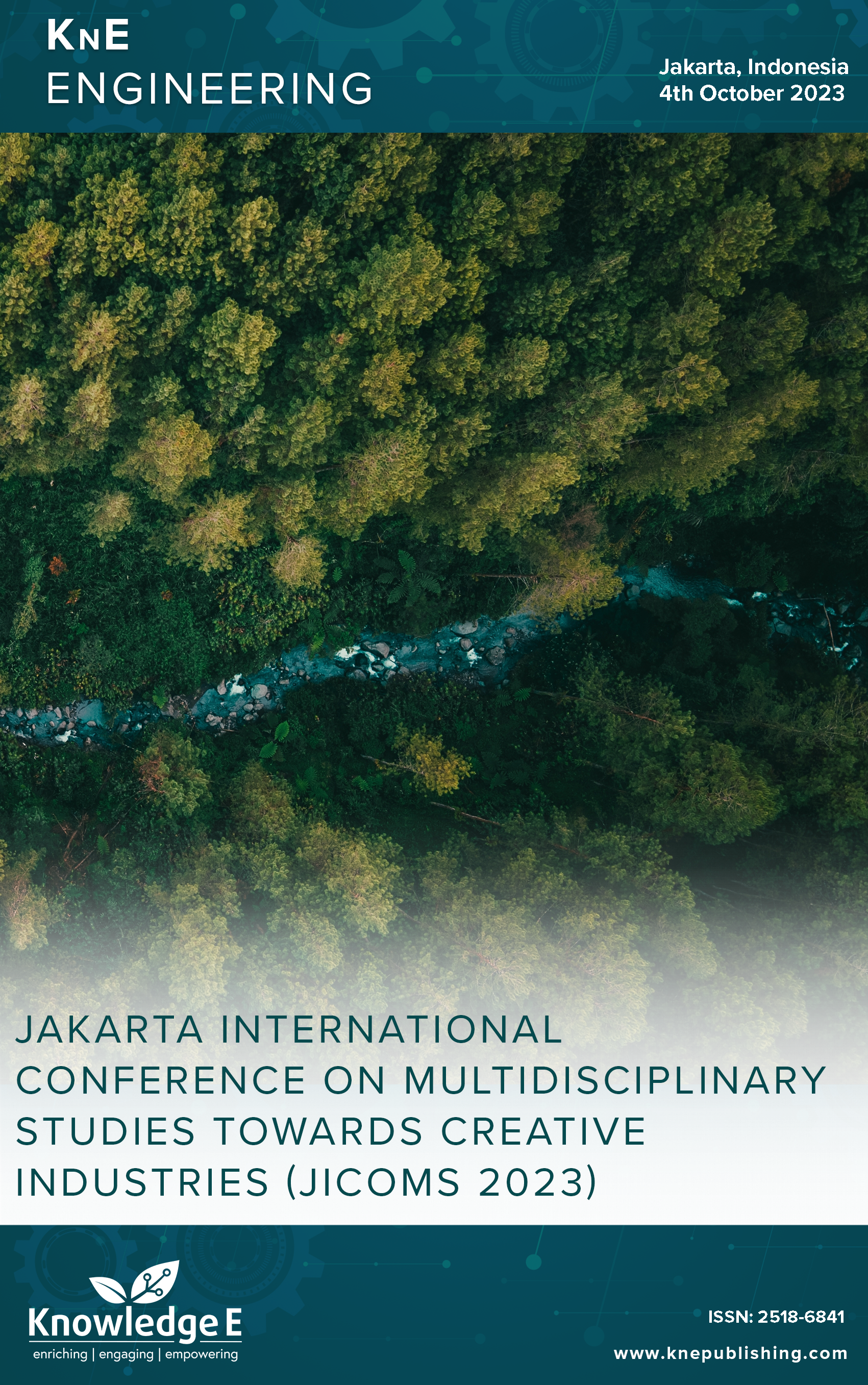Artificial Intelligence (AI) Based Game Development ``Memory Game'' for Training Functions Alzheimer and Dementia Cognitive
DOI:
https://doi.org/10.18502/keg.v6i1.15368Abstract
Smart games, especially crossword puzzles can be an effective tool in aiding cognitive and physical exercise by stimulating the brain and strengthening brain connections, which can help prevent or slow the progression of Alzheimer’s and dementia. This research aimed to develop a crossword puzzle game into a digital version in Bahasa Indonesia with Artificial Intelligence (AI) features. The benefit of this game product can be used as a cognitive therapy for Alzheimer’s and dementia sufferers. The research method used is game development using the Game Development Life Cycle (GDLC) model with stages of initiation, pre-production, implementation/development, testing, launch, and maintenance. Implementation of digital version using Unity 3D game engine with AI feature of hint generating. This research was carried out for 8 months. Game testing results were carried out by testing the functionality of game features and the results were that all features functioned well. The innovation and importance of this work was to implement the memory crossword puzzle game design into a digital version in Bahasa by implementing artificial intelligence methods for the hints feature. This work will inspire developers to do greater work on Bahasa and implement various features based on AI methods.
Keywords: digital memory games, artificial intelligence, crosswords, game development
References
[2] Sulaeman, Dodi. 2017. Karakteristik Lansia Pensiunan Pembaca TTS. PRoListik, 1(2), 2017: Juni, 169—184.
[3] KUEIDER, Alexandra M., et al. Computerized cognitive training with older adults: a systematic review. PloS one, 2012; 7.7: e40588.
[4] ROH, Hyun Woong, et al. The effectiveness of a motivational enhancement smartphone application promoting lifestyle improvement for brain health: A randomized controlled trial. Plos one, 2022; 17.6: e0267806.
[5] AMALIATI. Lilis Faiza. PENGARUH BOARD GAME TERHADAP PENINGKATAN FUNGSI KOGNITIF PADA LANSIA DI PANTI WERDHA MOJOPAHIT KABUPATEN MOJOKERTO. 2020. PhD Thesis. STIKES BINA SEHAT PPNI MOJOKERTO.
[6] Apake, A., & Thomas, G. Implementing A Crossword Puzzle Game in Hausa Language. 2019
[7] Millington I. AI for Games. CRC Press; 2019. https://doi.org/10.1201/9781351053303.
[8] Bonomo D, Lauf AP, Yampolskiy R. (2015, July). A crossword puzzle generator using genetic algorithms with Wisdom of Artificial Crowds. In 2015 Computer Games: AI, Animation, Mobile, Multimedia, Educational and Serious Games (CGAMES) (pp. 44- 49). IEEE. https://doi.org/10.1109/CGames.2015.7272960.
[9] Thanasuan K, Mueller ST. Crossword expertise as recognitional decision making: an artificial intelligence approach. Front Psychol. 2014 Sep;5:1018.
[10] TYAS. S. S.; KHAIRUNISA, Y. Usability Testing for Student Academic Information System in State Polytechnic of Creative Media. Journal of Physics: Conference Series. IOP Publishing; 2021. p. 012012.
[11] KHAIRUNISA, Yuyun, et al. Software Usability Measurement Inventory for Student Information Academic System at Politeknik Negeri Media Kreatif. IJISTECH (International Journal of Information System and Technology), 2020; 4.1: 559-565.
[12] RAYHANI. Mitha Syafiiah; TYAS, Sari Setyaning; KHAIRUNISA, Yuyun. Uji Usability Aplikasi Pembelajaran Interaktif Sebagai Sarana Belajar Literasi Finansial Untuk Siswa Kelas 7 di SMPIT Nurul Ilmi. Engineering and Technology International Journal. 2023;5(02):93–107.
[13] Pragantha J, Haris DA. ““Serenade Tower” Hack and Slash Game.” IOP Conference Series: Materials Science and Engineering. Vol. 1007. No. 1. IOP Publishing, 2020.
[14] UDJAJA, Yogi, et al. Game-based Learning Increase Japanese Language Learning through Video Game. Int J Adv Comput Sci Appl. 2022;13:2.
[15] JULIANUS. Ervan; HIDAYAT, Eka Wahyu; SULASTRI, Heni. Android-Based Traditional Games [ Jurnal Informatika dan Sains]. JISA. 2020;3(1):21–6.
[16] Pillai JA, Hall CB, Dickson DW, Buschke H, Lipton RB, Verghese J. Association of crossword puzzle participation with memory decline in persons who develop dementia. J Int Neuropsychol Soc. 2011 Nov;17(6):1006–13.


